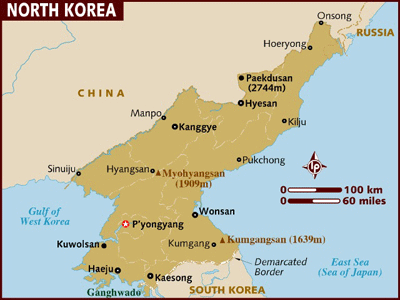Debate, thoughts on the election, and everything else
But I did not even watch the debate last night. I would not fall into the category of "undecided" voters, and so some would say it does not matter. More correctly, I would fall into the category of disappointed voters, as there is very little being said that I actually support. School reform is good, finishing what we started in Iraq is good, lots of other things are good, but basically it is a decision between the lesser of two evils at this point, as both rail on against "Wall Street Greed" (yes, capital G, it seems to have become a noun at some point, and I think meant to be someone who looks like this:)

Neither seems qualified to run the country. Granted, McCain is a POW survivor and war hero, a classic path to Presidency, and Obama is an intellectual populist reformer, another path well trodden. But qualified? No. The more I listen to both of them talk, the less I like hearing what they say.
Those who know me, or for that matter read this blog, will know that I think Obama is a dangerous demagogue who will gain power through a crises and reform America in exactly the wrong direction. It was the government, not capitalism, which caused this latest crises, and the answer should be more capitalism, not more government. However, government exists through ignorance of its own misdeeds, and indeed of its own operation. My fear is that under obama, we will end up looking more like this:

Yeah, some might say that is over the top. But I said "more like," and my point is this: North Korea is the ultimate example of what you get when you run a protectionist economy. And that is exactly what Obama wants. He thinks that the way to save America is to withdraw within ourselves, protect workers, raise taxes, end foreign conflicts, focus spending onto social welfare and seeminly nationallize or ban every Wall St. bank. Basically he wants the US to look like the pre-Thatcher UK, and that is not a pretty place.
We have tried this one before. And this is what you need to know:
"Using panel data estimates of export and import equations for 17 countries, Jakob B. Madsen (2002) estimated the effects of increasing tariff and non-tariff trade barriers on worldwide trade during the period 1929–1932. He concluded that real international trade contracted somewhere around 33% overall. His estimates of the impact of various factors included about 14% because of declining GNP in each country, 8% because of increases in tariff rates, 5% because of deflation-induced tariff increases, and 6% because of the imposition of nontariff barriers.
The Smoot-Hawley Tariff Act "imposed an effective tax rate of 60% on more than 3,200 products and materials imported into the United States", quadrupling previous tariff rates.
Although the tariff act was passed after the stock-market crash of 1929, many economic historians consider the political discussion leading up to the passing of the act a factor in causing the crash, the recession that began in late 1929, or both, and its eventual passage a factor in deepening the Great Depression.[10] Unemployment was at 7.8% in 1930 when the Smoot-Hawley tariff was passed, but it jumped to 16.3% in 1931, 24.9% in 1932, and 25.1% in 1933.[11]
End of the tariffs
As a result of the Smoot-Hawley Tariff and other countries' responses to it, the world after World War II saw a push towards multilateral trading agreements that would prevent a similar situation from unfolding. This led to the Bretton Woods Agreement, in 1944, a great lessening of global tariffs starting in December 1945, and the General Agreement on Tariffs and Trade, in the 1950s."
The end result? I think that we are facing a choice between two poor choices. I had hoped that Bush, would lead the country to economic reforms in his second term, but intestead he became bogged down in an unpopular war. Now we face the choice of whether to elect a populist or a crusader, both intent on ridding this country of the "evil" which made it great.
Comments
Post a Comment